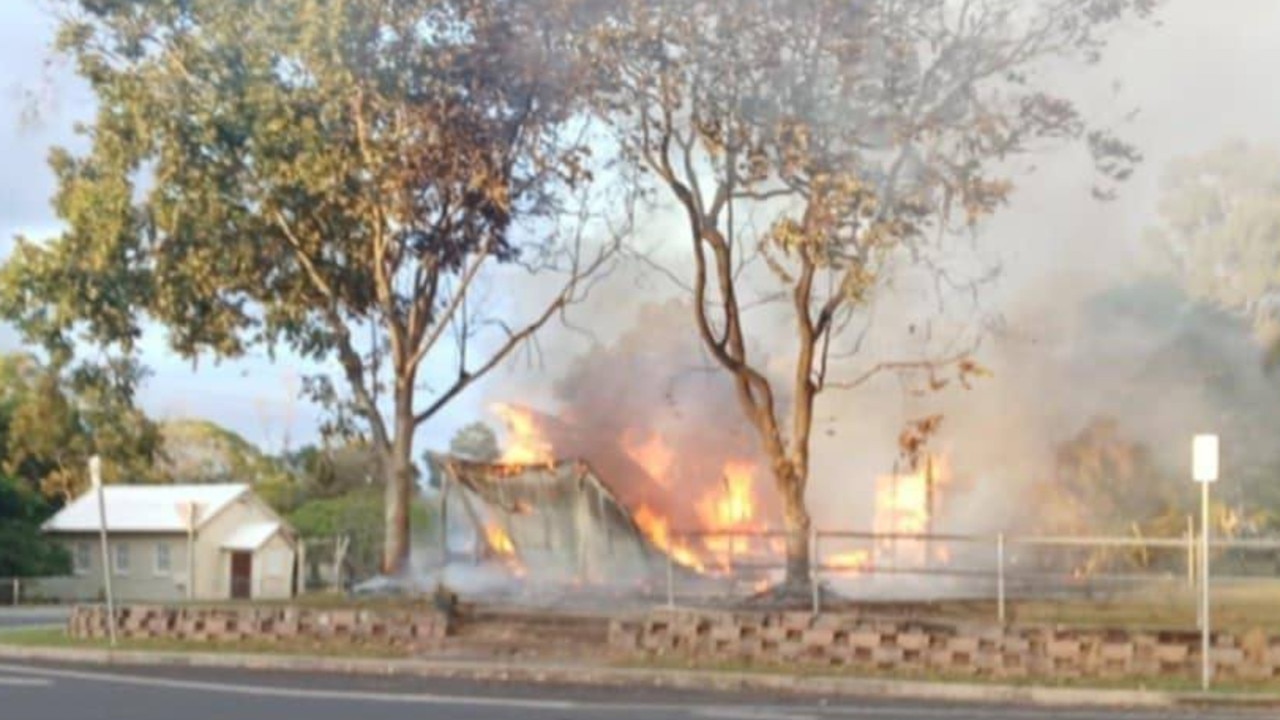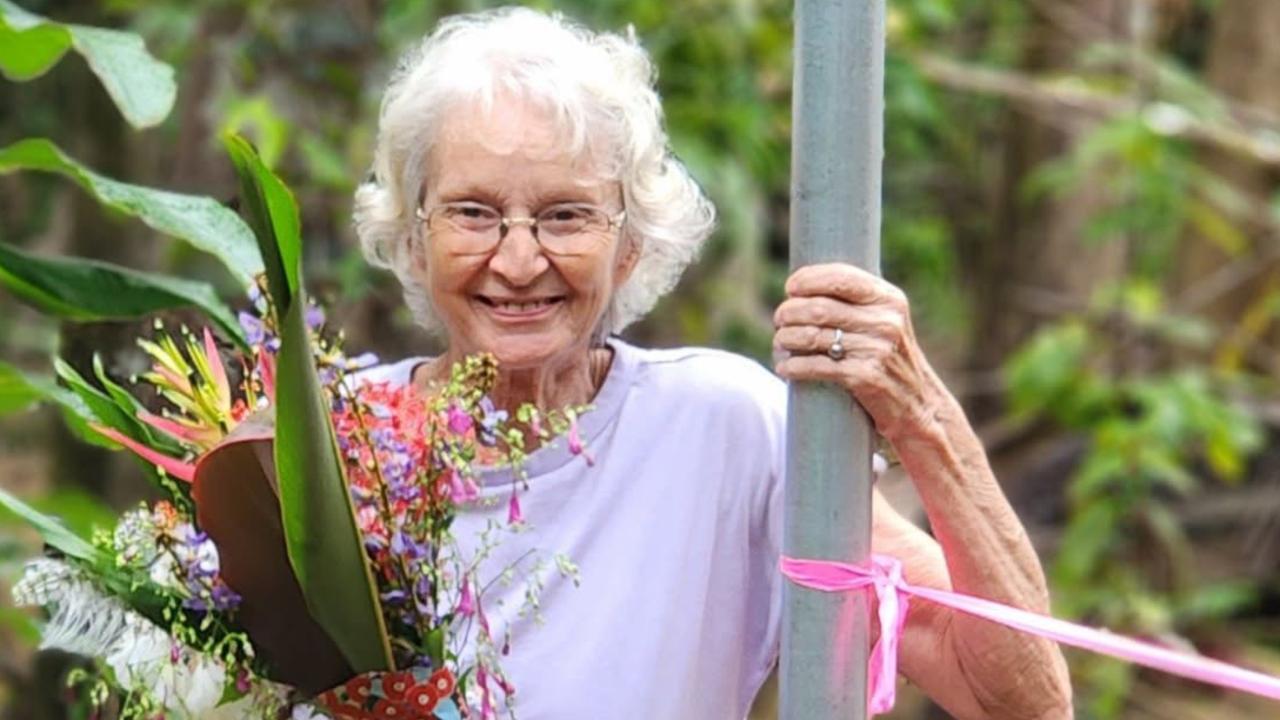Speak my language: Cape York mayor calls for multilingual police service in remote communities
More multilingual Police Liaison Officers in the mainland’s northernmost communities can bridge the gap between non-English speaking First Nations peoples and authorities, a community leader says.
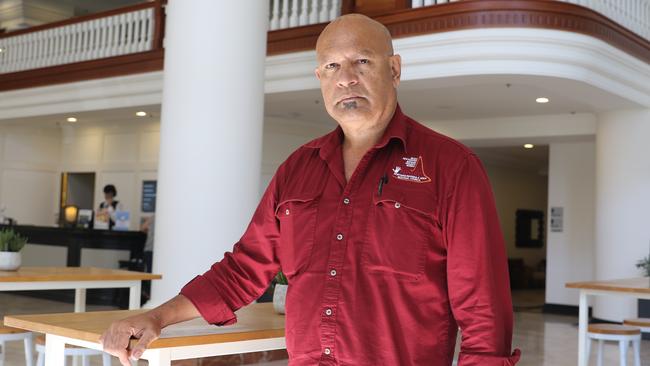
Cairns
Don't miss out on the headlines from Cairns. Followed categories will be added to My News.
More multilingual Police Liaison Officers in the mainland’s northernmost communities can bridge the gap between non-English speaking First Nations peoples and authorities, a community leader says.
Located more than 950km north of Cairns, the Northern Peninsula Area Regional Council (NPARC) is a culturally and linguistically diverse region containing five Indigenous communities, three of which are principally Aboriginal and two Torres Strait Islander.
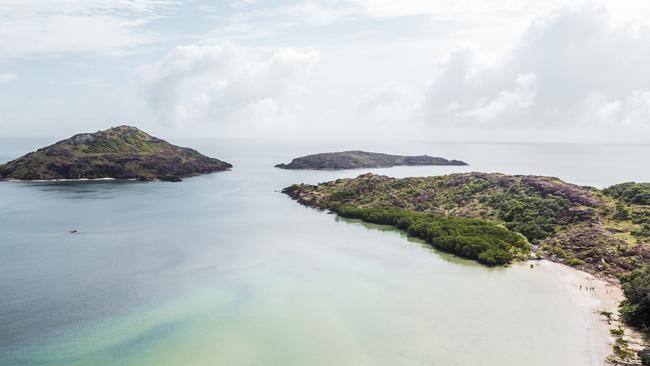
Earlier this week, the council’s mayor, Robert Poipoi, was one of dozens of Indigenous leaders from across the state who attended a two-day conference hosted by Queensland Police Service (QPS) held in Cairns.
And while Mr Poipoi said the area’s diversity was one of its great strengths, interactions between residents and police were occasionally lost in translation.
“When you look at language, I think it’s the biggest barrier,” he said.
“There’s English, the Creole we speak locally, Torres Strait Creole and then KKY (Kalaw Kawaw Ya) or KLY (Kala Lagaw Ya) languages (from the Torres Strait).
“English is the majority of people’s third language (in the NPA).
“It definitely makes the police’s job easier to attend issues around the community with the help of PLOs.
“It balances the two Indigenous cultures. Maybe having one PLO from each community would be ideal.”
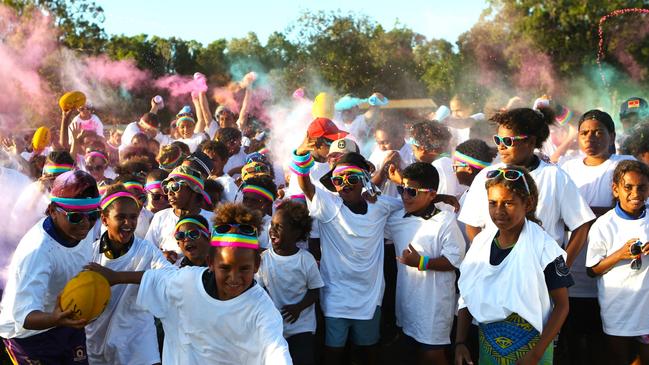
Youth crime, like elsewhere in Queensland, was a concern with more focus needed on prevention, Mr Poipoi said.
“Before putting security into place there should be something to entertain them first,” he said.
“Put money into building something that may keep them entertained, instead of walking around bored and then causing problems with break-ins and all that stuff.”
Working with Queensland’s 13 Indigenous councils to provide better services to Aboriginal and Torres Strait Islanders remained a priority, a QPS spokeswoman said.
“The Queensland Police Service is committed to strengthening the relationships with First Nations communities through regular conversations,” the spokeswoman said.
“These ongoing summits provide the opportunity to discuss current and emerging issues faced by discrete Indigenous communities and the Torres Strait with First Nations Mayors.
“Together, we can prevent harm and develop a safer Queensland for everyone.”
PLOs in Queensland generally wear yellow epaulettes on their uniforms and work with culturally specific communities to foster cooperation and understanding while reducing crime.
Torres Strait-based PLOs wear blue-and-green epaulettes.
More Coverage
Originally published as Speak my language: Cape York mayor calls for multilingual police service in remote communities



